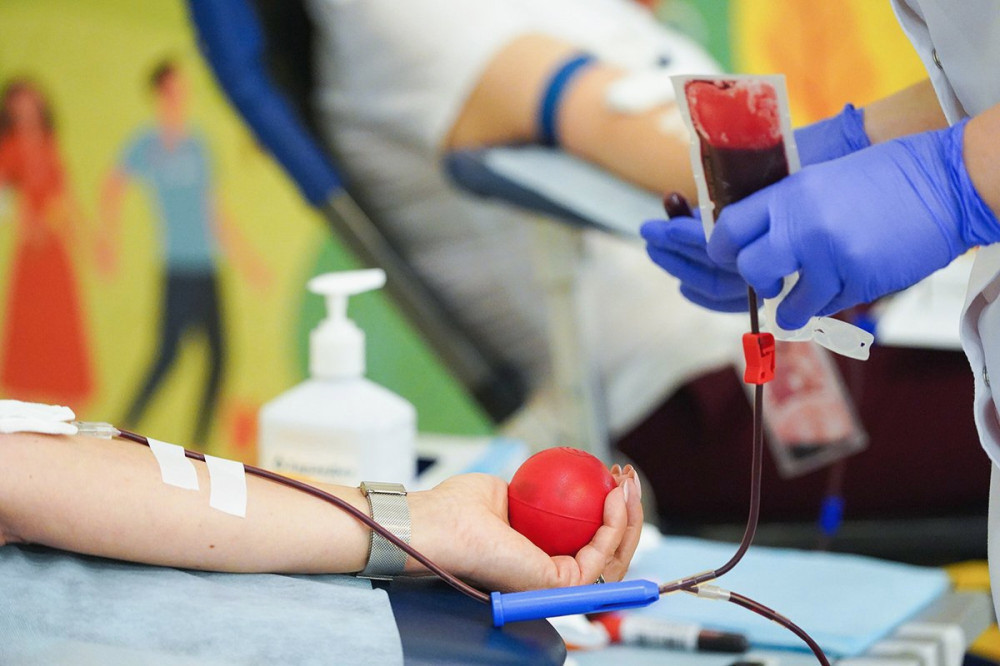Implementation of a New Blood Donation Accounting System in Ukraine
The Minister of Health of Ukraine, Viktor Lyashko, held a meeting to discuss the introduction of a new electronic blood donation accounting system - «eBlood».
Participants included representatives from the Ministry of Health, the National Health Service, and the Ukrainian Transplant Coordination Center. They discussed the key stages of the project's implementation and its future development.
“The creation of a digital infrastructure in the field of donation is a significant step towards modernizing the healthcare system. With «eBlood», we will be able to better manage blood supplies and reduce the risks of shortages, which is critically important for patients. This system will make the donation process more transparent, allowing for quick access to data on blood supplies, types, and Rh factors, which is essential for saving lives. We are creating a unified digital platform for blood donation, which will optimize the work of medical staff and increase public trust in the system. Each donation will be accounted for and utilized where it is most needed, enabling the government to effectively plan policies in this area. Such tools make Ukrainian medicine modern and responsive to the needs of citizens.”
This was stated by Health Minister Viktor Lyashko.
Among the main features of the system is the preservation of information concerning the donation process: from the date and place of blood donation to medical examination results. The system will also include data about blood supplies in different institutions, types, and Rh factors, thus enhancing the effective management of donor blood supplies by medical facilities.
Currently, modules for administrative management, logistics, and registration have been launched, which ensure accounting for donations, movement of blood components, and user registration. Over 650 medical institutions are already connected to the system.
In the future, integration of «eBlood» with the electronic healthcare system is planned, which will create a unified digital space for blood donation. Within this integration, functionalities for entering donor medical examination results have already been implemented.
Additionally, a donor visit registry and a registry of licenses for collecting and testing donor blood have been established, which has been operational since June 1, 2025.
Currently, the phased expansion of the system's functionalities is ongoing, and soon, the launch of blood sample accounting and the implementation of quality control, laboratory research, inventory management, and donor incentive programs are planned.








